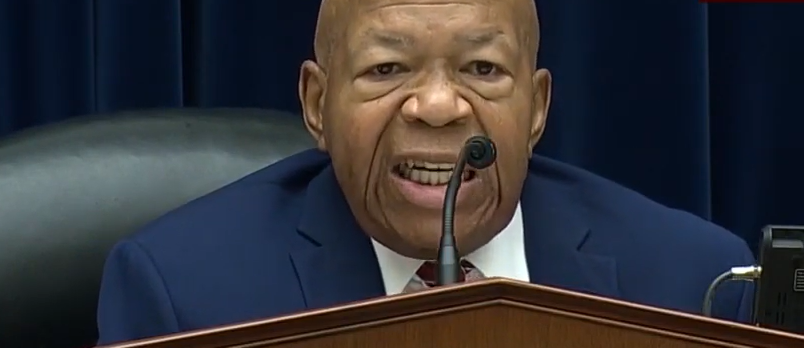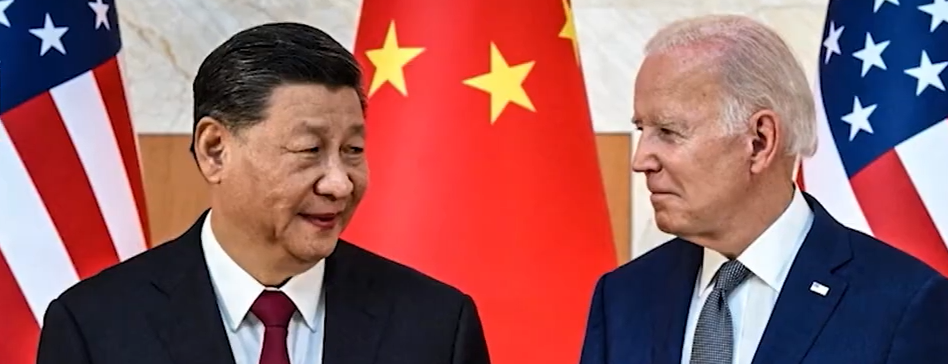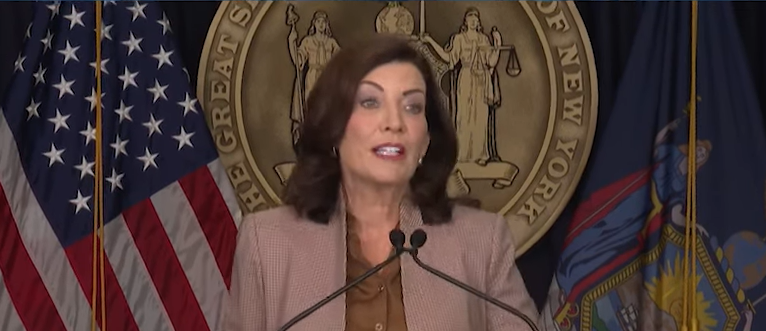Photos: Wikimedia Commons\YouTube
FAIRFIELD, Conn.—A new digital poll by Sacred Heart University’s Institute for Public Policy & Civic Engagement, completed between January 28 and February 1, 2022, asked 1,500 U.S. residents across the country 48 far-reaching questions about a variety of subjects related to the events of January 6, 2021.
The poll solicited opinions on culpability and legal accountability, unsubstantiated election fraud allegations and queries on the Supreme Court, Roe v Wade, gun control, charitable giving and Critical Race Theory (CRT).
More than three-fifths of nationwide residents surveyed late last month (62.9%) believe government officials who supported the January 6, 2021, U.S. Capitol riots should be held legally accountable, and the majority of those polled (51.3%) think former President Trump should be held legally accountable for the January 6 U.S. Capitol riot as well. Additionally, more than one-half of respondents, 52.5%, thought Trump also should be held legally accountable for continuing claims of electoral fraud, and two-fifths (40.8%) think elected officials who claim President Biden was not fairly elected should not be allowed to continue holding office.
What’s more, over half of national survey respondents (50.2%) indicated that anyone who refuses to testify before the Congressional committee for the January 6 attack should be jailed, and more than three-fifths of those surveyed (62.2%) are worried about the integrity of the 2024 presidential election.
In other significant findings, 44.5% of survey respondents are opposed to overturning Roe v. Wade; only one-quarter of nationwide residents (27.3%) approve of the job being done by the House January 6th Committee; and more than two-fifths of those surveyed (45.9%) believe the number of U.S. Supreme Court seats should not be expanded, while 33.5% think it should and 20.7% were unsure.
Key Survey Findings Involving Inflation
- Nearly three-quarters (73.3%) either “strongly agree” (36.8%) or “agree” (36.5%) that increased inflation has affected their day-to-day living in a meaningful way
- Two-fifths of respondents (40%) either strongly agree (13.3%) or agree (26.7%) that by the end of 2022 their financial situation will improve
- Nearly one-half of survey respondents (49%) either strongly agree (31.1%) or agree (17.9%) they blame President Joe Biden for increased inflation
Responses on Race and Teaching about Racial Equity and Critical Race Theory in U.S. Schools
- Roughly three-quarters of survey respondents (74.1%) believe K-12 students should learn about the history of racial injustices in the United States
- Two-fifths (40.5%) believe race is a “biological feature,” and the same number of respondents think race is “constructed by society” (40.5%), while 17.1% indicated they were unsure
- Over three-fifths (64%) are familiar with Critical Race Theory (CRT), while 24% were unfamiliar and 12% were unsure
- More than two-fifths (45.1%) believe that Critical Race Theory should be part of a K-12 curriculum, while 35.1% indicated it should not and 19.8% were unsure
Of related interest, over one-half of survey respondents (53.7%) believe that racial inequities are the result of “individuals,” while 25.1% think racial inequities are caused by “institutions.” And when asked to rank the impact of five potential factors on racial inequality in the United States, 34.3% of respondents ranked “family” as having the greatest impact on racial inequality, followed by “government” (30%).
Responses on Transgender Athletes and Parental Involvement in Schools
- Almost one-half of survey respondents (49.3%) think schools should not permit transgender athletes to play on the team associated with the gender they identify
- One-half (50.8%) believe the fight for LGBTQ+ Equality is not similar to the fight for equality of Black Americans in the 1950s and 1960s
- Nearly three-quarters of respondents (74.2%) believe parents should have a say in the curriculum taught in public schools; 62.6% agreed parents should have a say in what books are used in public school classrooms; 51.3% felt parents should have a say in books housed in public school libraries; 49% agreed that school districts should develop policies to accommodate the needs of transgender youth; and 51.4% agreed that parents should have a say in how teachers conduct their classroom instruction
The survey also asked a variety of questions regarding support for charitable giving involving donating of time and money. Over three-fourths of respondents (76.8%) believe it is important that Americans give time to charities, and 75% agree it is important to give money to charities. More than one-half (53.6%) also agreed it is more important to give to charities that donate to the U.S. than charities that benefit other countries, and 17.8% would rather give to large charities than small ones.
And in an unrelated question, more than three-fifths of national respondents (61.9%) believe concealed carry licenses for firearms should be allowed.
“It’s obvious that more than a year later, Americans are still quite concerned about the January 6 events and want those responsible, including perpetrators, legislators, the former president and anyone who potentially supported the insurrection held responsible and punished,” said Steven Michels, director of the Institute for Public Policy & Civic Engagement. “Separately, on the subject of teaching about race relations and racial history, we continue to see a lot of confusion about racism and what CRT actually comprises, but clear backing for teaching about these issues in public schools. And we also see strong support for parental involvement in teaching curricula and books used in public schools.”
Actual polling was conducted on behalf of the Institute in partnership with GreatBlue Research, which administered the 48-question, nationwide digital survey interviewing 1,500 residents. Statistically, this sampling represents a margin for error of +/-2.53% at a 95 percent confidence level.
Sacred Heart’s Institute for Public Policy & Civic Engagement was established in 2017 in the College of Arts & Sciences. In addition to hosting national and state-wide polls, the Institute conducts community research, hosts public forums and workshops and serves as a public-policy learning incubator for students.
A PDF file of complete polling results is available at www.sacredheart.edu/pollresults.







